Chemistry Technology
We aim to solve fundamental problems in molecular biology and drug discovery by supporting innovative projects ranging from novel library design to inventive bioanalysis techniques.
About Chemistry Technology
Contact
Our Chemistry Technology program provides cutting-edge resources to enable the broader biomedical research community to pursue basic and translational studies in a faster and more in-depth manner. To achieve this, we engage in a variety of innovative translational research activities, including:
- Design and synthesis of bioactive small molecules
- Development of mechanistically defined small molecule libraries to analyze the concurrent biological pathways of drug signatures and to understand the molecular basis of drug response
- Design and implementation of systems-based phenotypic drug screening, which seeks to identify substances that can alter the observable characteristics of a target of interest
- Identification of genetic predictors (e.g., somatic mutations, amplifications) of drug sensitivity and/or drug resistance
The program is highly collaborative and supports projects and platforms that are currently underdeveloped or brand new.
The development of high-quality molecular probes is an integral effort of chemical biology, a rapidly developing field aimed at better understanding the molecular basis of diseases. The modification of bioactive molecules can also lead to the development of reagents designed to identify the target(s) accounting for a specific observed phenotype.
We support innovative research in biology and advances in drug discovery by investing in the development of new chemistry technologies. We work on projects that address fundamental problems in molecular biology and the drug discovery process.
Work With Chemistry Technology
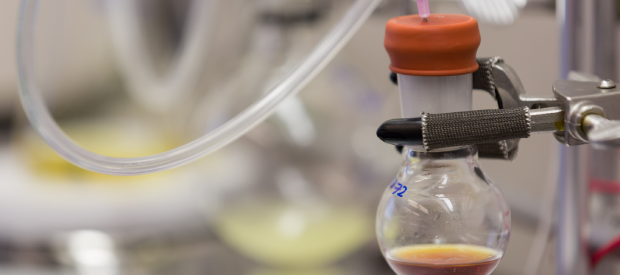
We collaborate with investigators who have a specific chemistry technology need.
Chemistry Technology Projects
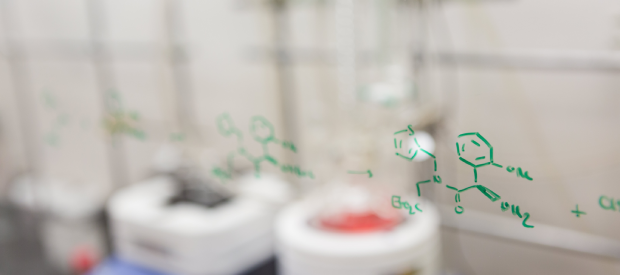
We support chemical technologies ranging from novel small molecule library design to inventive bioanalytical techniques.
Related Research
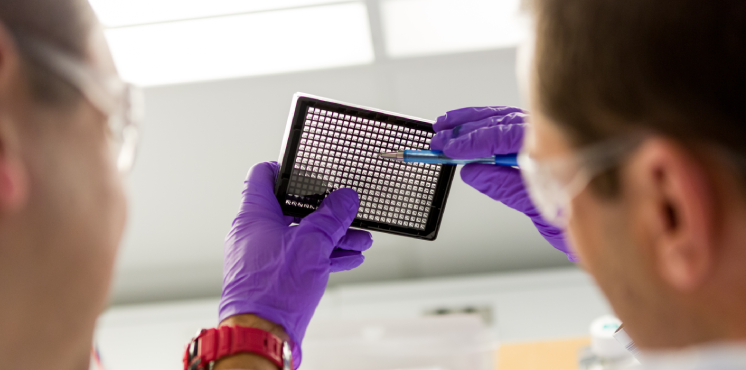
Assay Guidance Manual
We offer online resources and workshops to help others develop robust and effective early-stage drug discovery assays.
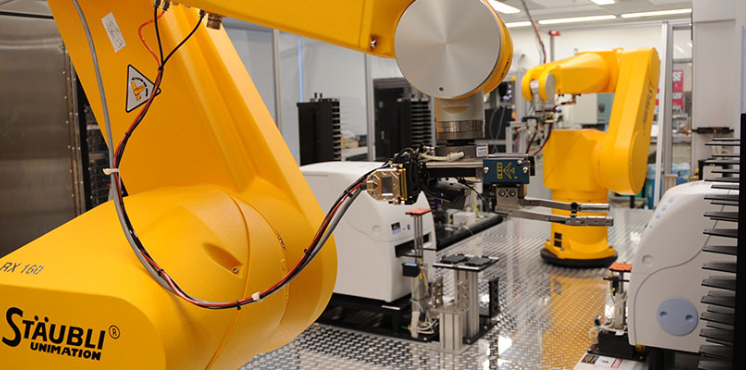
Automation
Our automation experts work closely with our scientists to support various research activities, including high-throughput screening and assay development and optimization.
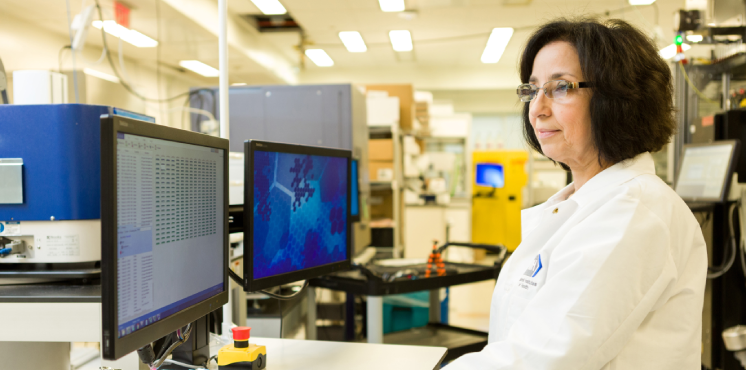
Compound Management
Our compound management team uses sophisticated and automated techniques to support NCATS screening activities.


